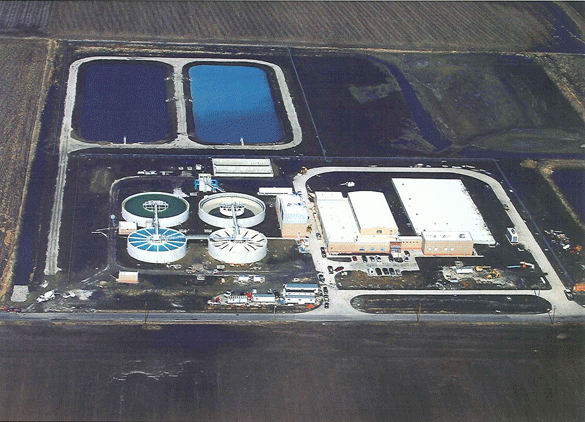Co-Digestion of Biodiesel Waste at El Paso’s Haskell Street WWTP
Hazen partnered with Georgia Institute of Technology to perform bench-scale digestibility testing for El Paso Water Utilities (EPWU) to help ensure stable digester operation at the design loading rates and confirm digester gas production of the biodiesel waste.


Haskell Street WTTP’s excess digester capacity can save over $500,000 year in purchased power by codigesting biodiesel wastes.
With a local biodiesel company hauling its liquid waste 200 miles away for disposal, Hazen and Sawyer assisted El Paso Water Utilities (EPWU) in evaluating the benefit of leveraging the excess anaerobic digester capacity at the Haskell Street WWTP for co-digestion of the biodiesel waste.

With a long history of wastewater solids process field and design projects, Scott Hardy is often the lead for solids process support and training.
Related Solutions:

Project Outcomes and Benefits
- Using the bench-scale results, Hazen determined that the digesters can maintain greater than a 15-day solids residence time (SRT) and a volatile solids loading rate of less than 0.16 lbs/cubic foot when receiving up to 60,000 gallons per day of biodiesel waste.
- The additional digester gas production allows operating their existing 1 mega-watt combined heat and power (CHP) system at full load, resulting in over $500,000 of annual savings based on their current power rate structure.
- The simple payback period for constructing the receiving station and the required digester infrastructure improvements was about 5 years.























